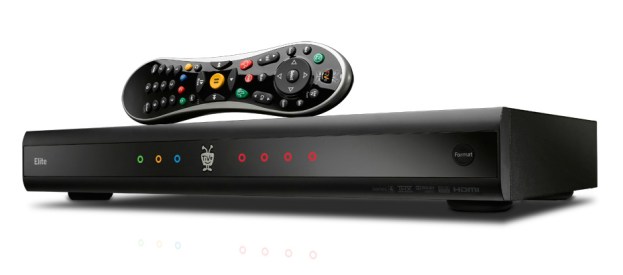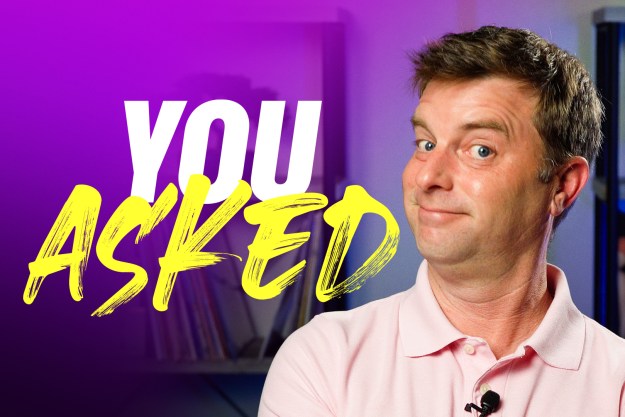
A regulatory filing with the SEC has revealed that Microsoft and TiVo have walked away from a potentially high-stakes patent battle involving video delivery and TiVo’s critical “time-warp” patent. The statement reveals only that the companies have “reached an agreement” that dismisses all patent claims against each other. Neither company is walking away with anything: Microsoft doesn’t get any use of TiVo’s patents, TiVo doesn’t get any new access to Microsoft technology, and, apparently, no money changed hands. It’s like the patent dispute never happened — minus attorneys’ fees, of course.
The case dates back to early 2010 when Microsoft sued TiVo, alleging the DVR pioneer was infringing on Microsoft patents covering “programmable information displays” and purchase of digital video programming. Microsoft’s action was largely viewed as a defense of AT&T; TiVo had sued AT&T and Verizon in 2009 for infringing on its fundamental DVR patents, including the famous TiVo “time-warp” patent that brought EchoStar to its knees. AT&T’s video delivery system relied on Microsoft technology, and the Redmond company stepped up to defend it. Microsoft upped the ante again in early 2011, filing a second action against TiVo over patents covering interactive television and remote control interfaces.
Neither company gave any reasons for setting aside the patent litigation between them, but the move probably stems from Microsoft’s role in defending AT&T: at the beginning of 2012, AT&T agreed to pay TiVO a minimum of $215 million to settle TiVo’s patent infringement claims against the company. The deal includes AT&T paying TiVo per-subscriber fees through July 2018 if AT&T DVR subscriber base is over particular levels; the precise thresholds weren’t revealed by the companies. They also entered into a broad cross-licensing agreement.
With the battle between AT&T and TiVo set aside, Microsoft presumably had little reason to continue to target TiVo on AT&T’s behalf. The move to simply walk away from the suits was probably the route of expedience, bringing the quickest resolution and incurring the fewest costs.
Although TiVo essentially originated the DVR business — and its name is still used as a verb in many circles — the company never achieved dominance in the consumer marketplace thanks to cable and satellite providers rolling out their own DVR solutions for customers. Although TiVo continues to offer DVR products, the company has had recent success with its patent portfolio, finally defeating EchoStar in a seven-year battle over DVR patents, and executing a number of technology licenses with other operators.


